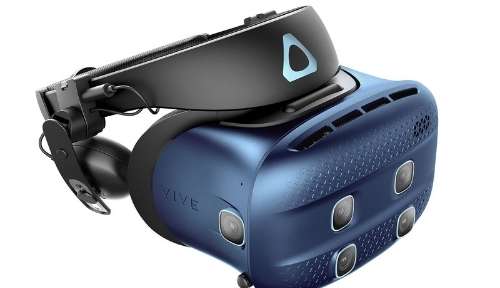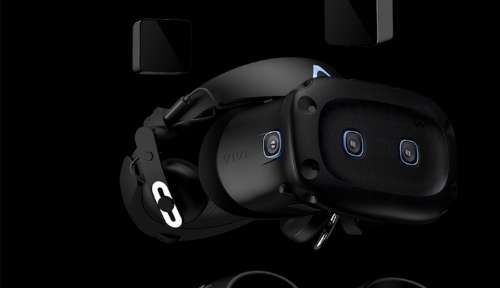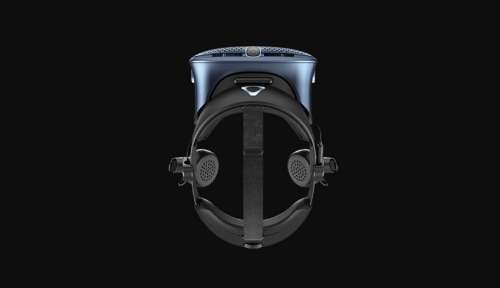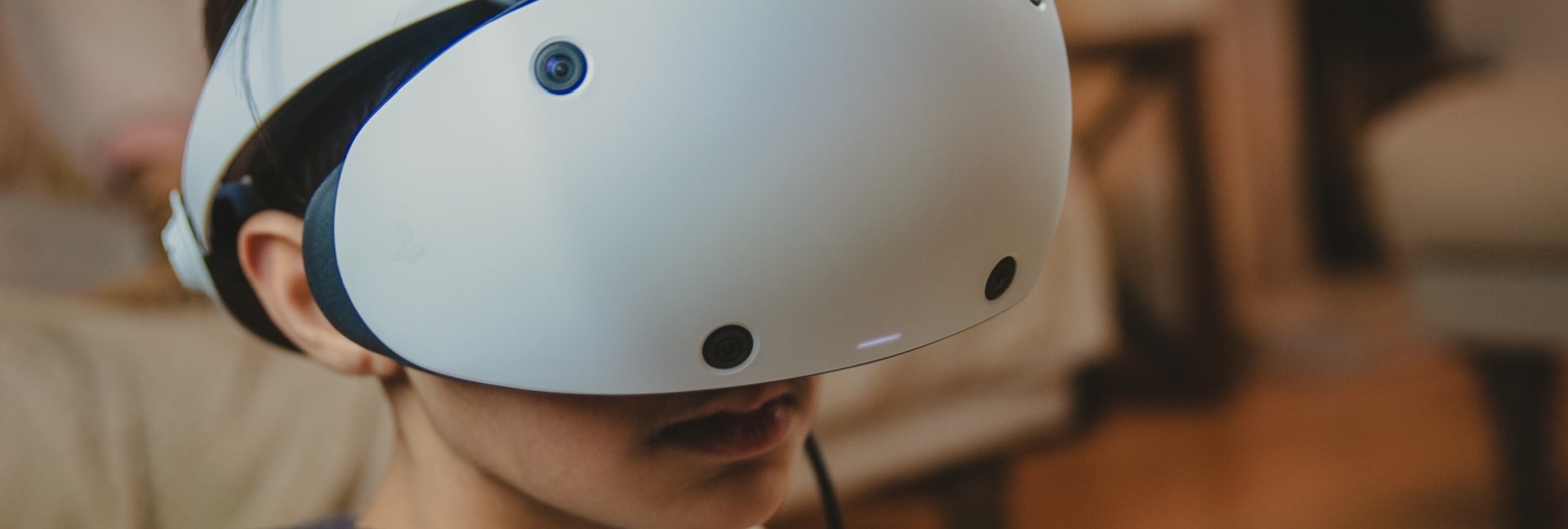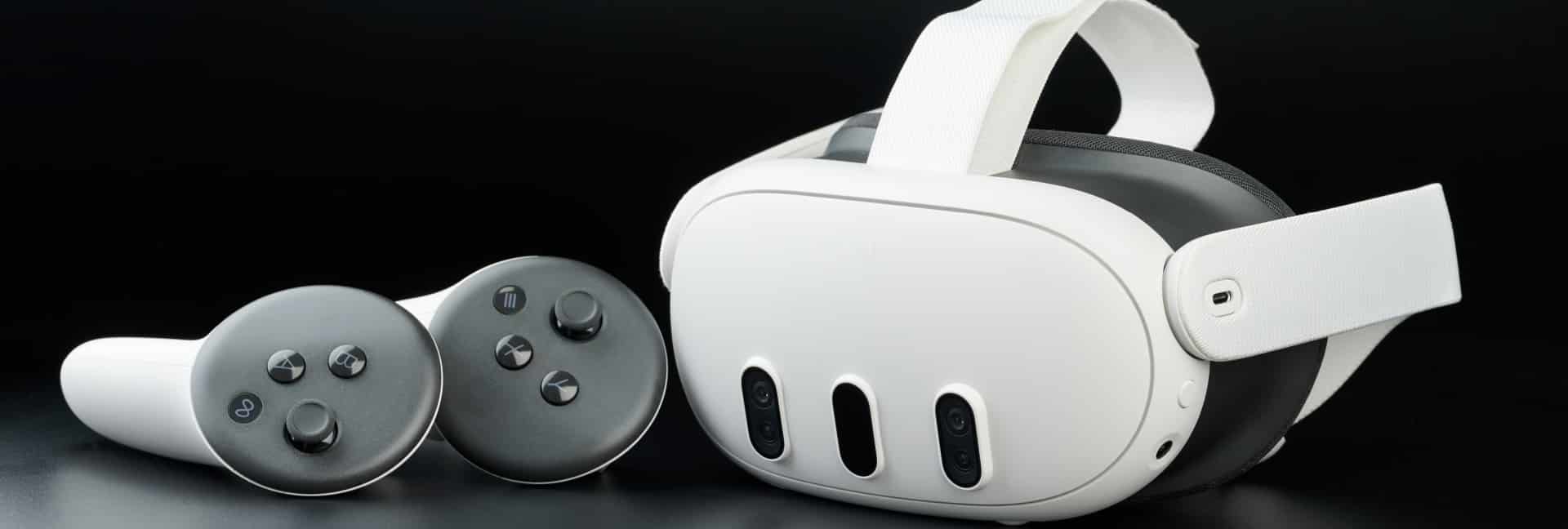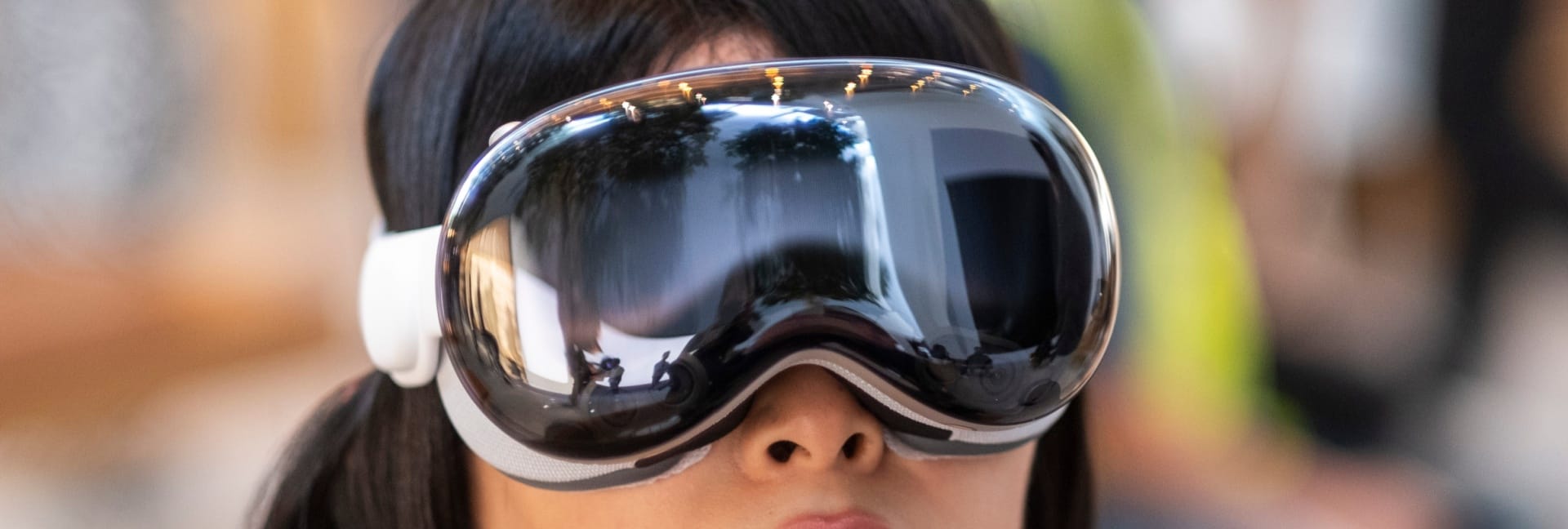
When Facebook first bought Oculus, the first premier VR headset maker for the consumer market, a lot of people were skeptical about their decision. After all, this was before consumers had a real chance to engage with VR in a meaningful way and there was no guarantee that the technology would take off.
Today VR is still on shaky ground thanks to high costs and the experimental nature of VR software, but products such as the Playstation VR prove that there is a mainstream market for VR if you make things simple and cheap enough.
With the release of software such as Facebook Space, it’s clear that Facebook still believes in the future of social VR, but a recent patent filed by the company shows that they’re also highly aware that augmented reality and social media could have a very cozy partnership indeed.
Hedging Your Bets
A patent filing like this does not mean that Facebook is almost ready to release a product, but it does mean that the company has a clear idea of what they want to create and are looking to protect that idea. You don’t file for a patent until you have something to patent after all and the advanced research division at Facebook think that they do.
The device sketched out in the patent has a similar shape and size to regular old eyeglasses. The sort worn by billions of people every day. Of course, this would not be the first time we’ve seen this form factor for an AR device. Google’s Glass is a device that also clips onto a pair of glasses. In this case however, the lenses of the glasses are displays, not just a small prism over one eye.
In theory this means that the device should provide AR comparable to that of the Hololens, but potentially with a wider field of view than the anemic slice MIcrosoft’s current product provides.
Riding the Wave
As with the Hololens, these AR glasses are meant to use waveguide technology to project digital images in such a way that they blend in with the light from the real world which we usually see.
That’s a great idea in principle, clearly if you can make quality AR experiences no harder than putting on a pair of glasses you’re bound to have a winner on your hands. The patent document goes into a lot of detail about how the technology will work, so obviously Facebook has put a lot of R&D time into this, but we have no idea how close the prototype is to the final design detailed in the patent.
The patent details how their technology overcomes many problems that prevent such a compact design, but we’ll have to wait and see before we know if this is something we’ll get to buy. For their part Facebook hasn’t said anything official about the patent itself, but CEO Mark Zuckerberg has said before that AR is the next big platform to target so this may be the first concrete sign of the company putting its money where its mouth is.

